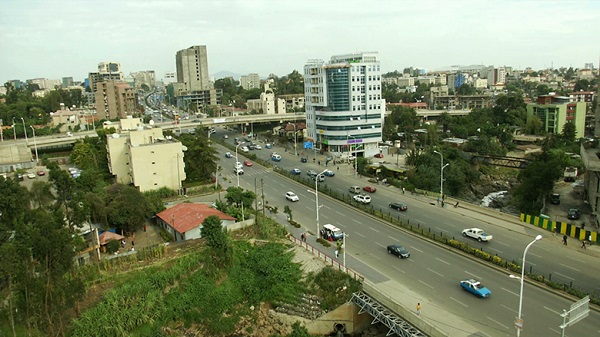
The renewed partnership between Ethiopia and the World Bank stresses sustainable and inclusive growth, placing a focus on education, increased access to markets and job creation for young people.
By Vivienne Russell (Public Finance)
Ethiopia and the World Bank have agreed a new five-year partnership to build on the considerable development gains achieved over the past decade and boost institutional accountability.
The renewed partnership stresses sustainable and inclusive growth, placing a focus on education, increased access to markets and job creation for young people.
Improved governance and social accountability to help tackle corruption make up another important plank of the agreement.
“The Country Partnership Framework intensifies our support for poverty reduction in Ethiopia and seeks to address key challenges facing the country,” said Carolyn Turk, World Bank country director for Ethiopia.
“Among other things, our interventions will support increased citizen engagement, greater resilience to the effects of climate change, more inclusive growth, and youth employment.”
The partnership also hopes to facilitate a bigger role for private investment in supporting Ethiopia’s development, and a shift away from public funds.
Adamou Labara, country manager for the International Finance Corporation in Ethiopia, said: “In the past, Ethiopia’s development model was based on public investment but there are increasing needs and opportunities to unlock the potential of the private sector.
“IFC’s strategy is to create markets and mobilize private capital, including offering products aimed at de-risking investments to make more investment possible.”
Ethiopia has an ambition to achieve lower middle-income status by 2025 but is hampered by some significant regional inequities and stubborn pockets of poverty.
In some parts of the country, people have very little access to services.
The World Bank said it hoped a ‘spatial approach’, which focuses on access to land, infrastructure and housing, would overcome these regional disparities.
Ethiopia has seen some significant economic and social gains over the past decade.
The poverty rate has fallen from 55% in 2000 to 34% in 2011, while real GDP growth averaged 10.5% a year between 2003 and 2015. Life expectancy has risen from 52 to 65 years.
Source: Public Finance
——
Other stories:
- Youth Revolving Fund: Ethiopia’s New Initiative to Employ Disaffected Youth
- Ethiopia Can Convert Its Youth Bulge from a Political Problem into an Opportunity
- The Yellow Movement: Ethiopian Women Use Valentine’s Day to Promote Girl Power
- Reach for Change and IKEA Foundation: New Deal to Impact 84,000 Children in Ethiopia
- The University of Gondar and Queen’s University Join The MasterCard Foundation Scholars Program
